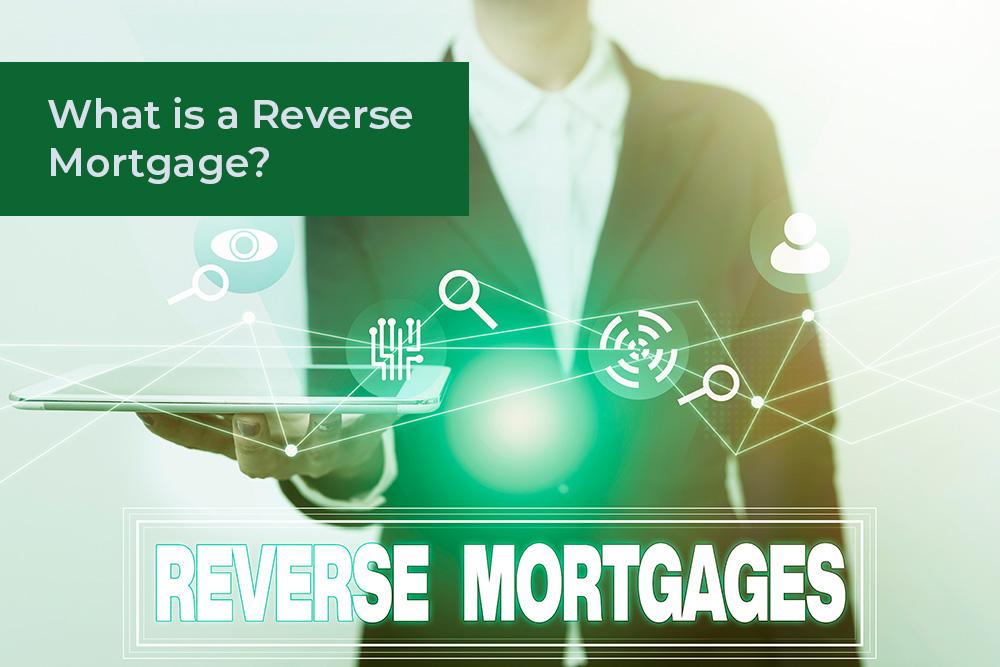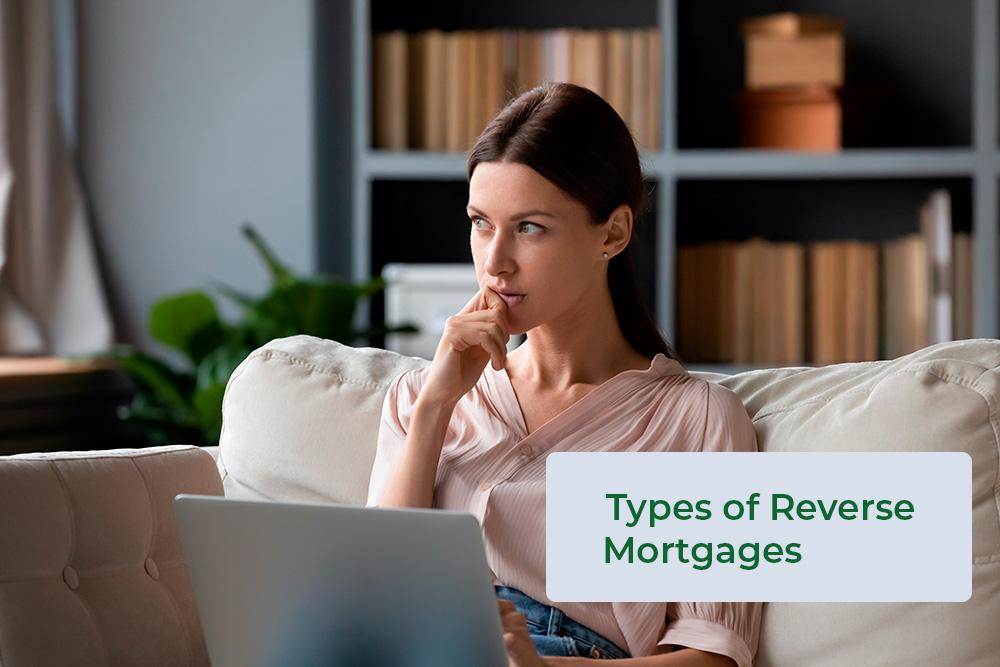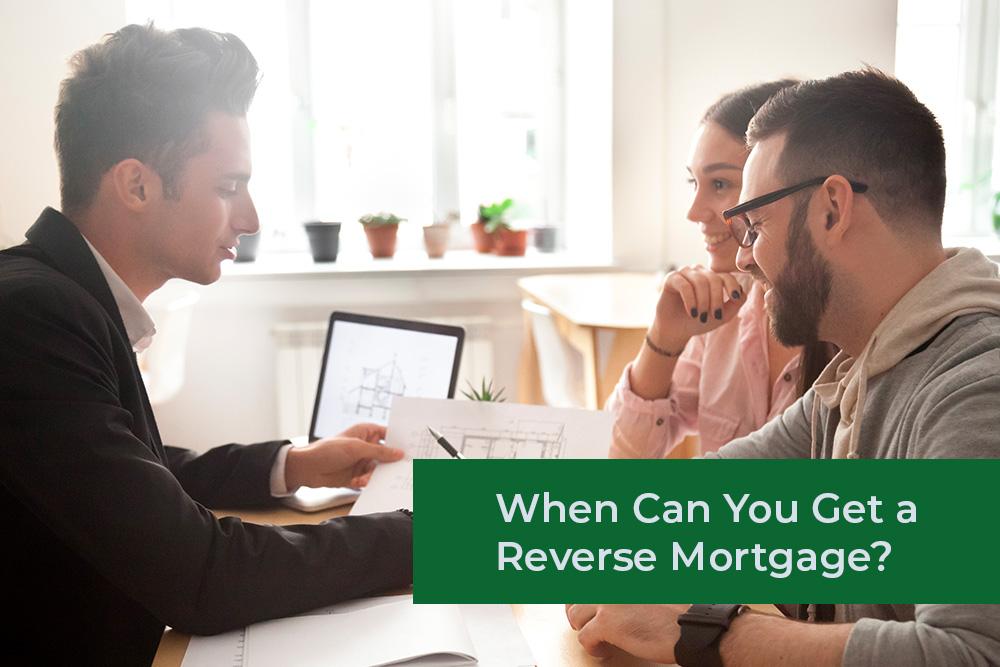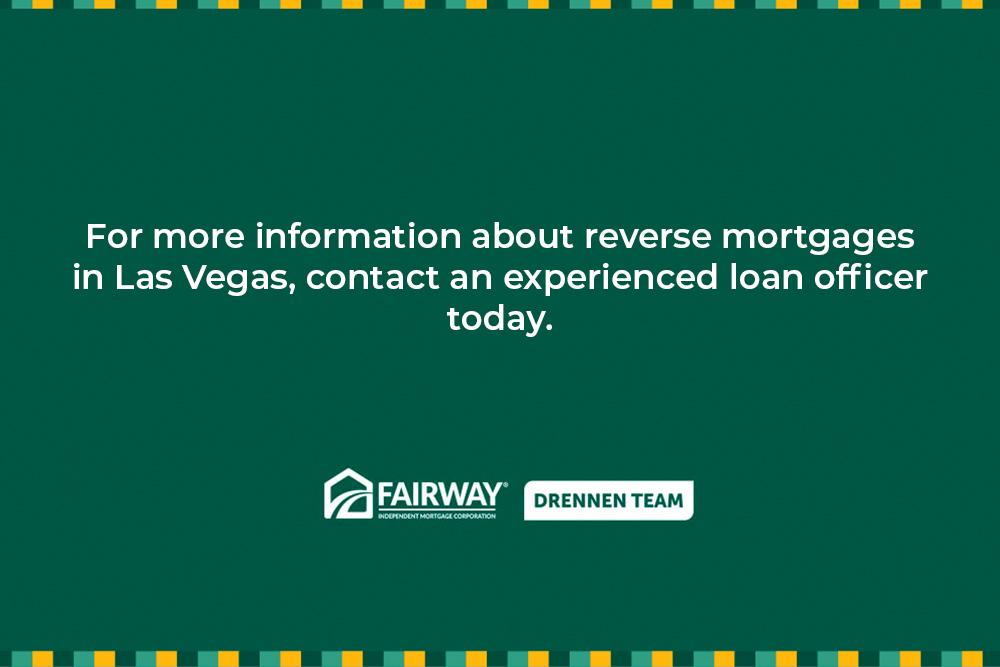A reverse mortgage can be an excellent option for accessing cash. Reverse mortgages are available for certain homeowners who qualify based on age and other factors. With a reverse mortgage, you can convert part of your home equity into cash whenever you need extra money. Although a reverse mortgage can be a great source of money when you need it, there are some drawbacks to reverse mortgages that you’ll want to consider, too.
What is a Reverse Mortgage?

A reverse mortgage in Las Vegas works the opposite way from a regular mortgage. In a regular mortgage arrangement, you pay the lender each month to eventually buy your home. A reverse mortgage is the opposite in that a lender pays you instead. The money you get through a reverse mortgage in Las Vegas is tax-free. Unlike regular mortgages, which are generally available to most homeowners, reverse mortgages in Las Vegas have more restrictions. For starters, homeowners are only eligible for a reverse mortgage if they are 62 or older. Additionally, you must own the deed to your house and not have any primary mortgage payments left. There are different kinds of reverse mortgages, so you will want to shop around first before you settle on a particular mortgage.
If you take out a reverse mortgage, you’ll keep the title to your home, and you’ll get an advance on your home equity rather than having to make monthly mortgage payments. Many people wonder if a reverse mortgage will affect their Medicare or Social Security benefits. The answer is that those benefits are not generally impacted by other benefits for seniors, such as Social Security and Medicare. If the primary loan holder passes away, the surviving spouse can sometimes still stay in the home.
Before you plan to take out a reverse mortgage, there are some considerations to think about. For starters, there are generally fees and closing costs associated with the loan. If you get a reverse mortgage that is federally insured, you may be subject to mortgage insurance premiums in addition to the other fees associated with the mortgage. Servicing fees are another possible cost associated with a reverse mortgage. There are some similarities with standard mortgages, too, including that interest payments add up over time, and interest rates can change.
Once you have a general understanding of what reverse mortgages in Las Vegas are all about, you will want to figure out if a reverse mortgage makes sense for you and is a good fit for your financial situation. You generally don’t have to pay taxes on the money you receive through a reverse mortgage, and the money does not have to be repaid while you own your home.
Another important note about a reverse mortgage in Las Vegas is that you must keep up with the loan requirements. That includes paying your homeowners insurance and property taxes and maintaining your home in accordance with the mortgage’s provisions. If you neglect to keep up with any of these requirements, a mortgage lender can declare your loan due, in which case you are responsible for paying the loan’s full cost. There can also be repercussions if you don’t pay property taxes. If that happens, the tax authorities can put a lien on your home, sell it to recover the taxes owed, and take possession of the home.
Types of Reverse Mortgages

As with regular mortgages, there are several kinds of reverse mortgages, including single-purpose reverse mortgages, proprietary reverse mortgages, and reverse mortgages that are federally insured. Reverse mortgages backed by the government are also called Home Equity Conversion Mortgages (HECMs).
When Can You Get a Reverse Mortgage?

There are a few different examples of when you can get a reverse mortgage. We’ve compiled three top examples to give you a better understanding of when you might want to get a reverse mortgage:
- Health problems
- Enjoy retirement
- No life insurance policy
Health problems might not seem like they’d warrant taking out a mortgage for a home. However, if you have chronic health issues, you know that the related expenses of healthcare can add up quickly! Furthermore, health insurance policies do not necessarily cover the total cost of your prescriptions and all the ongoing medical care you may need. Along with simply costing a lot of money, having chronic health problems can negatively affect your life. For instance, you may not be able to travel to all the places you used to go, and if you need or want to move out of your existing home, you may not have the strength to move out of your residence. If you don’t have plans to move out of your home anytime soon, a reverse mortgage can help provide you with the added financial support needed to cover the medical care cost for chronic conditions.
Some people also want to feel like they can fully enjoy their retirement without having to worry about paying for things when they no longer have an income from employment. If you want to relax and enjoy your retirement, a reverse mortgage in Las Vegas can help you do just that. Even if you receive a Social Security pension, you may find that that income alone doesn’t make ends meet. To live comfortably, many seniors find that they need an additional source of income every month. By tapping into the equity in your home, a reverse mortgage in Las Vegas provides the extra cash when you need it so that you can also pay for other living expenses. You are also a good candidate for a reverse mortgage if you do not have an existing life insurance policy. Some life insurance policies allow you to generate income during your retirement. Life insurance provides your beneficiaries with income after your death, but it won’t provide you with any income while you are still alive. In this situation, a reverse mortgage can give you the extra funding needed to maintain a comfortable lifestyle.
For more information about reverse mortgages in Las Vegas, contact an experienced loan officer today.









